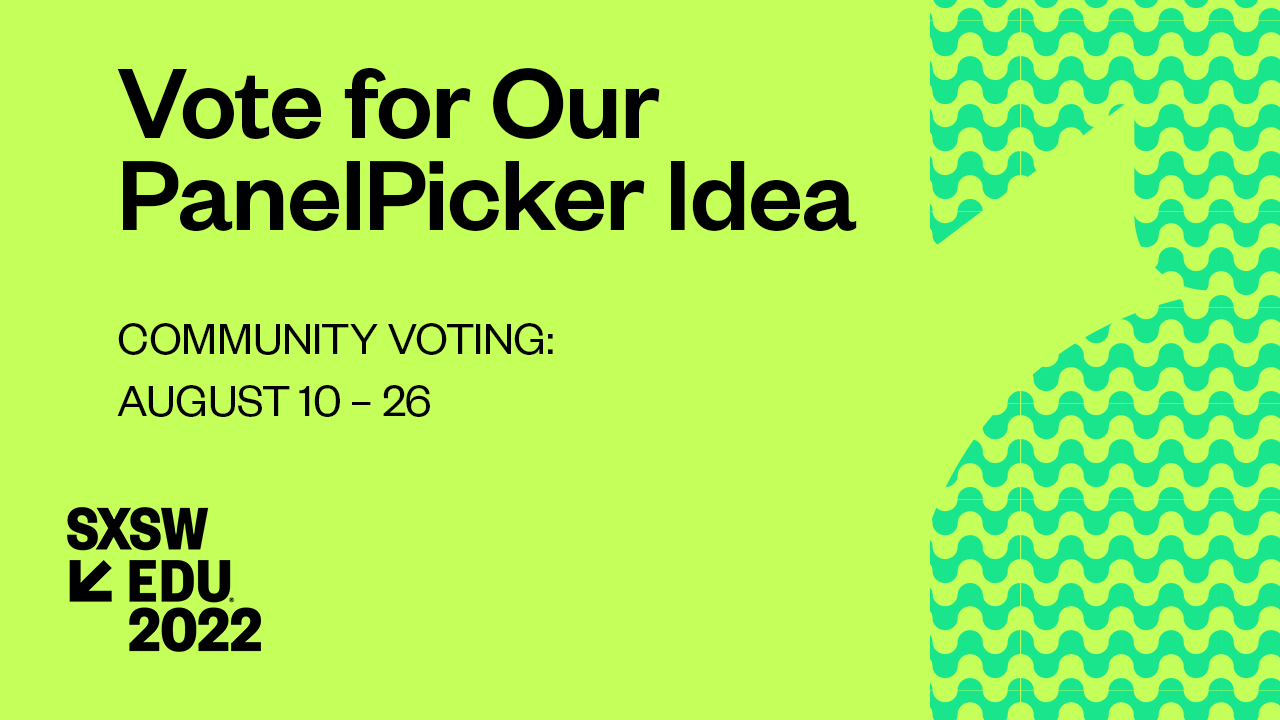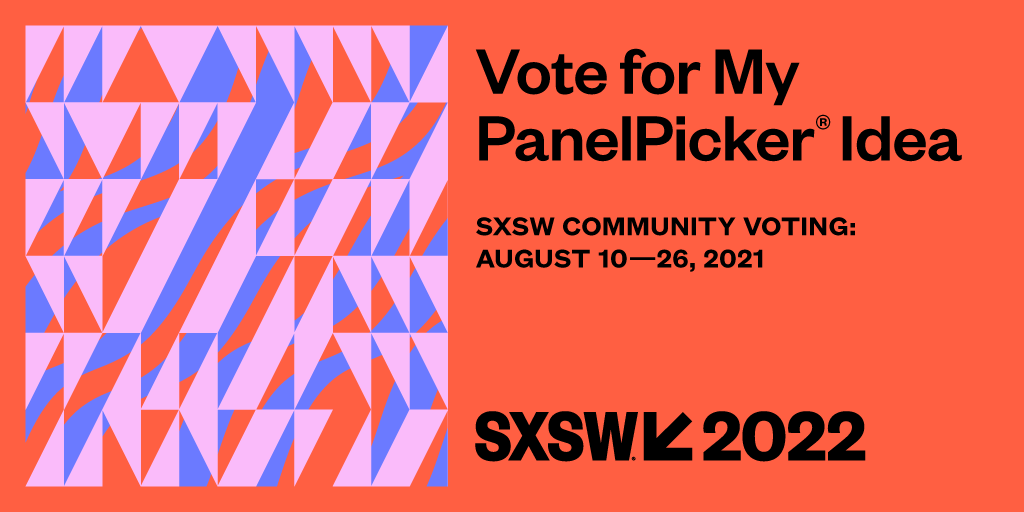Vote for our SXSW and SXSW EDU panel submissions
?fmt=png-alpha&)
We are excited to share the following three panels that the Cognizant Foundation has submitted with our partners for SXSW and SXSW EDU. It’s critical to elevate diverse voices and perspectives when talking about issues facing education and workforce development—and we are excited about the panels we have proposed.
SXSW and SXSW EDU invite the public to vote on what they want to see at the event in Austin, TX, March 2022—please vote before August 26, and we hope to see you there!
HACKING TECH’S EQUITY GAPS
Covid-19 and the acceleration of automation has put minority and low-income communities at risk of job displacement—meanwhile, tech is still facing a massive talent shortage. Could a win-win solution lie in innovative and virtual skills training programs? Join this panel of social entrepreneurs to learn how new education models can forge new pathways into tech for historically excluded groups.

EDUCATING A DIVERSE, INCLUSIVE DIGITAL WORKFORCE
To expand and diversify the talent pipeline across sectors increasingly dependent on technology and digital skills, more people need to be introduced to these concepts and see themselves in the work—and that needs to start early.

This session will share how educators and schools can empower students from historically excluded and underrepresented backgrounds to pursue STEM and computer science careers, highlighting what’s working to diversify traditionally white and wealthy industries.
CORPORATE PHILANTHROPY, EQUITY & ECONOMIC MOBILITY
In the wake of dual upheavals-- a pandemic and a racial reckoning-- companies have sought ways to support diverse, inclusive pathways to employment.

Corporate philanthropy is often at the forefront of this work, and broadening the talent pipeline requires investments at multiple points within the education to employment ecosystem, especially in industries such as tech. How are major corporate funders approaching this challenge? How are they using these talent pipelines to support economic mobility? And what are the new mechanisms for demonstrating impact?